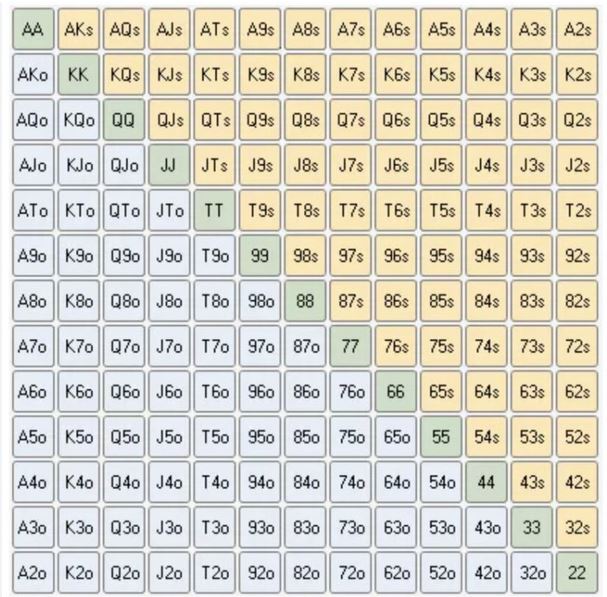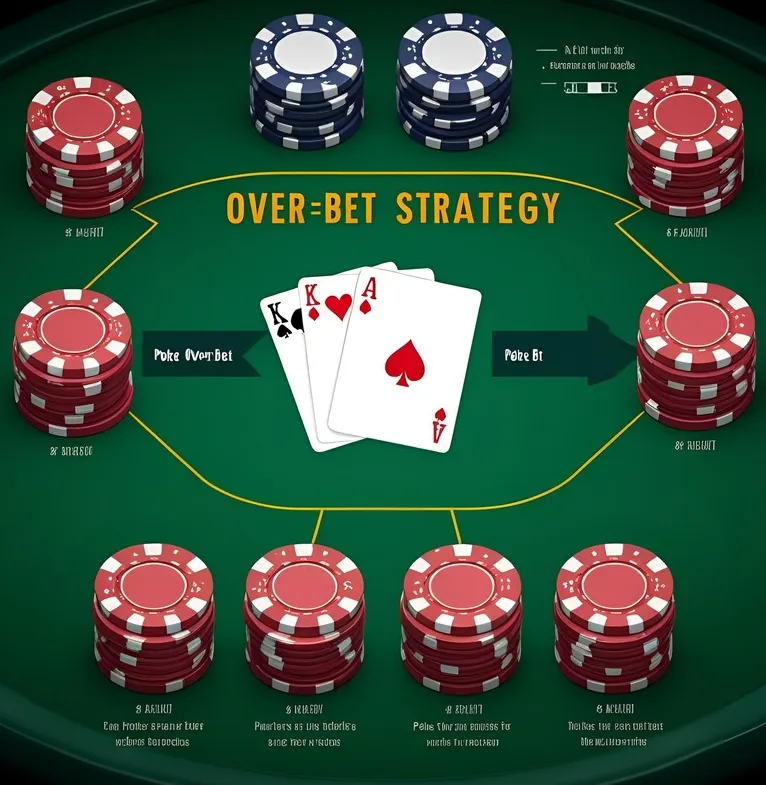
Welcome to the thrilling world of poker, where skill, strategy, and luck collide. Whether you're a casual player or a seasoned pro, one concept that affects every poker player is variance. Understanding variance is crucial for evaluating your long-term results and managing your bankroll effectively.
What is Variance in Poker?
Variance in poker refers to the statistical measure of how your results fluctuate over time. It is the ups and downs, the swings, and the roller coaster ride that every player experiences due to the element of luck involved in the game. Variance can cause short-term deviations from expected results, both positive and negative.
Calculating Variance: The Poker Variance Calculator
Fortunately, there are tools available to help you calculate and visualize variance in poker. The Poker Variance Calculator is a handy tool that allows you to input your win rate, standard deviation, and number of hands played to estimate the range of results you can expect over time.
How to Use the Poker Variance Calculator
1. Input your win rate (BB/100) - this is the average amount of big blinds you win per 100 hands played.
2. Input the standard deviation - a measure of how much your results vary from the average.
3. Enter the number of hands you've played or plan to play.
4. The calculator will then provide you with the likely range of results you can expect based on the input data.
Why Understanding Variance is Important
By understanding variance in poker, you can better prepare yourself for the inevitable swings in your results. It helps you set realistic expectations, manage your emotions during losing streaks, and make informed decisions about your bankroll management.
Bankroll Management and Variance
Proper bankroll management is essential for poker players to survive the variance and ensure long-term success. By knowing your win rate, standard deviation, and the number of hands you play, you can determine the appropriate bankroll size to withstand the swings and minimize the risk of ruin.
Embracing the Swings: The Mental Game of Poker
Dealing with variance is not just about numbers; it's also about the mental aspect of the game. Staying focused, disciplined, and confident during both winning and losing streaks is crucial for maintaining peak performance at the poker table.
Tips for Handling Variance Mentally
1. Stay patient and avoid tilt - emotional reactions to bad beats can lead to poor decision-making.
2. Focus on the long term - remember that poker is a game of skill played over thousands of hands.
3. Take breaks when needed - stepping away from the table can help clear your mind and refocus your energy.
Conclusion
While poker variance can be both exhilarating and frustrating, understanding it is key to becoming a successful player. By using tools like the Poker Variance Calculator, practicing proper bankroll management, and mastering the mental game of poker, you can navigate the highs and lows of the game with confidence and skill.








